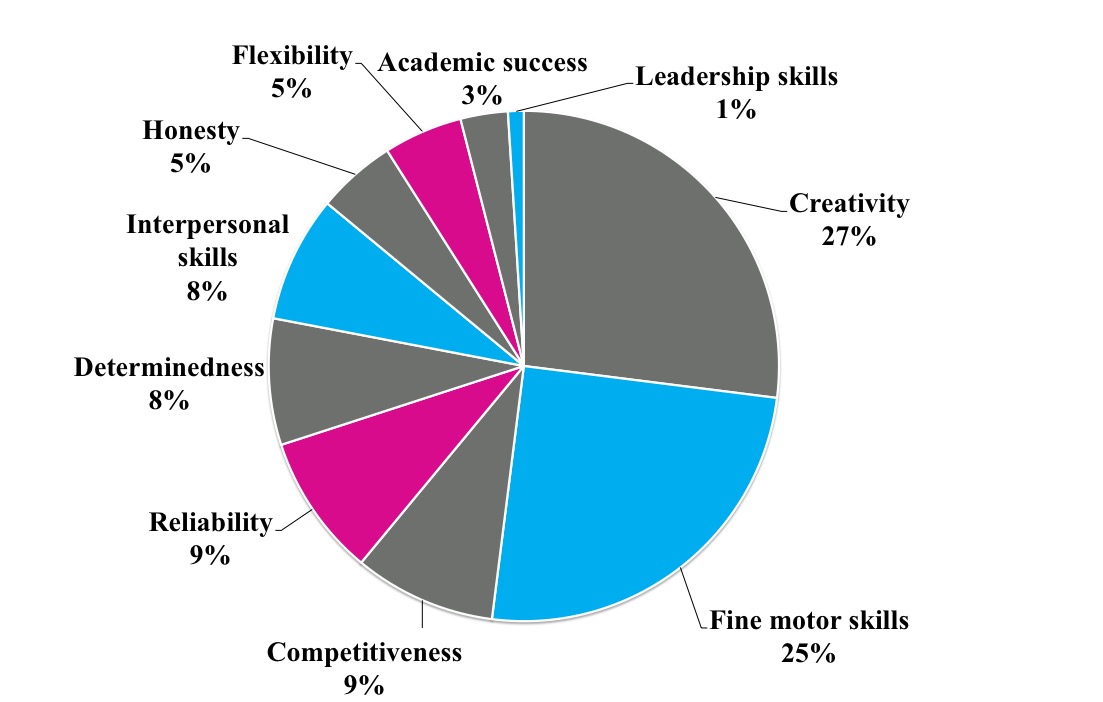Back to 2016 Annual Meeting
Interest in and concerns about plastic surgery early in medical school
E. Hope Weissler, Peter J. Taub, MD.
Icahn School of Medicine at Mount Sinai, New York, NY, USA.
Purpose: Plastic surgery is among the most competitive residencies to match into in the country. Furthermore, available research suggests both that medical student understanding of the scope of plastic surgery is low and that applicant and resident motivations for pursuing plastic surgery differ. These facts taken together raise concerns that medical students early in medical school may be discouraged from pursuing plastic surgery on the basis of a lack of information about the field in combination with anxiety about the Match. The authors sought to characterize the interest and engagement in, as well as concerns about, plastic surgery among students early in medical school.
Methods: An electronic survey was distributed through the plastic surgery interest group (or general surgery interest group if necessary) at seven schools in the New York area.
Results: Forty-six students interested in plastic surgery as a career completed the survey. Participation in plastic surgery-related activities was low (0.61 average activities participated in) regardless of whether the student’s medical school had a plastic surgery residency. The 12 students who rated their interest ≥4 out of 5 were similar to less-interested students. The most highly agreed-with reasons for pursuing plastic surgery were the opportunity to use one’s hands (average 4.42/5) and the enjoyableness of the work (average 4.05/5). The most highly agreed-with reasons to not pursue plastic surgery were the competitiveness of the match (3.95/5) and greater interest in other fields (3.46/5). Students who were highly dissuaded by the competitiveness of the match were more likely to be interested in general surgery (p=0.038). Students who were very interested in their future compensation were more likely to be interested in orthopedics (p=0.047). Thirty two students (70%) thought fine motor skills were among the top three most important attributes of a successful plastic surgeon, 12 reliability (26%), and 11 interpersonal skills (24%). Only 6 students thought honesty and 1 leadership skills were among the top three most important attributes (Figure 1).
Conclusions: Continued innovation and excellence in plastic surgery require the best possible applicants. The authors were concerned to find that participation in plastic surgery-related activities was low and that concern about the competitiveness of the Match was high even among first and second-year medical students. The characteristics students named as necessary for success suggest that students may see plastic surgery primarily as a field of craftsmanship, rather than innovation, leadership, and research. It appears that there is a need for targeted outreach to this population of younger medical students in the service of ensuring that the best possible students continue to consider plastic surgery a richly multifaceted and attainable goal.

Back to 2016 Annual Meeting
|
